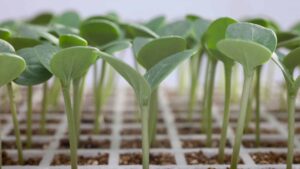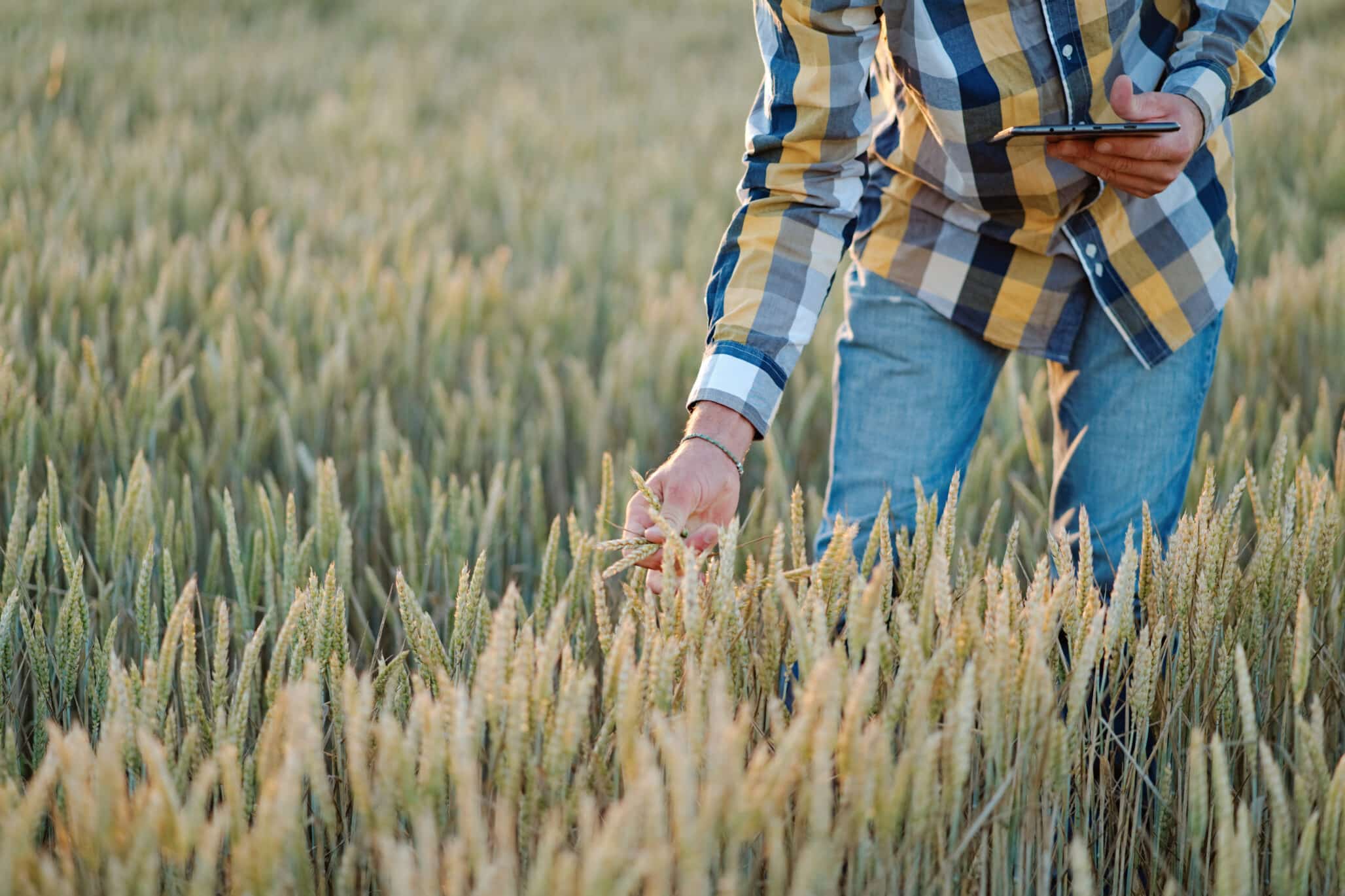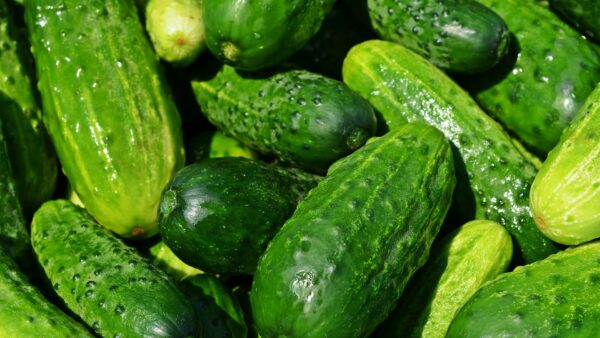Today (April 6), the International Plant Protection Convention adopted a new seed-specific International Standard for Phytosanitary Measures (ISPM) at a meeting in South Korea — the result of decades long work by the U.S. and international seed industries.
“ASTA has been advocating for an international seed standard for nearly 20 years,” says Andy LaVigne, American Seed Trade Association president and CEO. “Adoption of the standard is a major step forward for the global seed industry. It will bolster U.S. trade by helping to ensure global phytosanitary requirements, with respect to seed, are more consistent and science-based.”
According to the International Seed Federation, the ISPM will allow companies to move seed for planting across borders with greater efficiency, while minimizing and managing the risk associated with the movement of seed.
“ISF greatly welcomes the agreement as a significant step toward harmonized phytosanitary measures that will facilitate the international movement of seed,” says Michael Keller, ISF secretary general. “This is essential for the development of new plant varieties, and the availability of pest-free, high-quality seed, which is a major pre-condition of global food security.”
The standard is just that, a standard. It’s up to the 183 IPPC member countries to implement the standard, which provides guidance on how to identify, assess and manage the pest risk association with seeds to National Plant Protection Organizations (NPPOs).
The next step is an 18-month implementation period, during which ISF is encouraging national seed associations to work closely and engage with their NPPO on the changes in the national phytosanitary requirements that may result from this standard.
ISF will provide training materials to help national seed associations engage with their respective NPPO, starting with a workshop May 25 during its 2017 World Seed Congress in Budapest, Hungary.
“We look forward to working with our national seed industry counterparts to define mutual priorities and to ensure the wide adoption of the standard at the international level,” says LaVigne.












